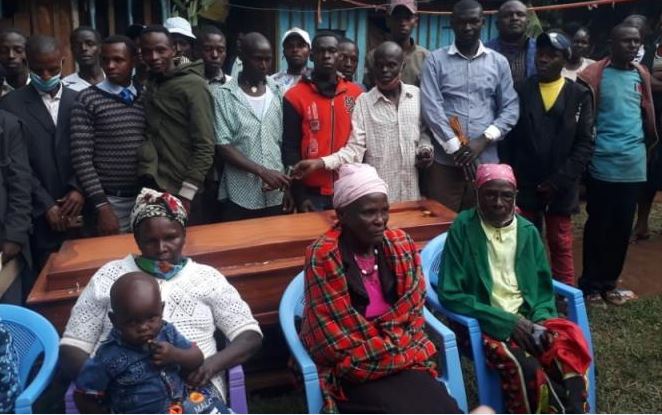×
The Standard e-Paper
Smart Minds Choose Us

A family in Meru was in a dilemma on how to perform the burial rites of their polygamous patriarch.
The challenge facing the family of Zakayo Migwi, who according to relatives died barely five months short of his 99th birthday, was how to conduct the funeral in line with the government regulations and protocols.